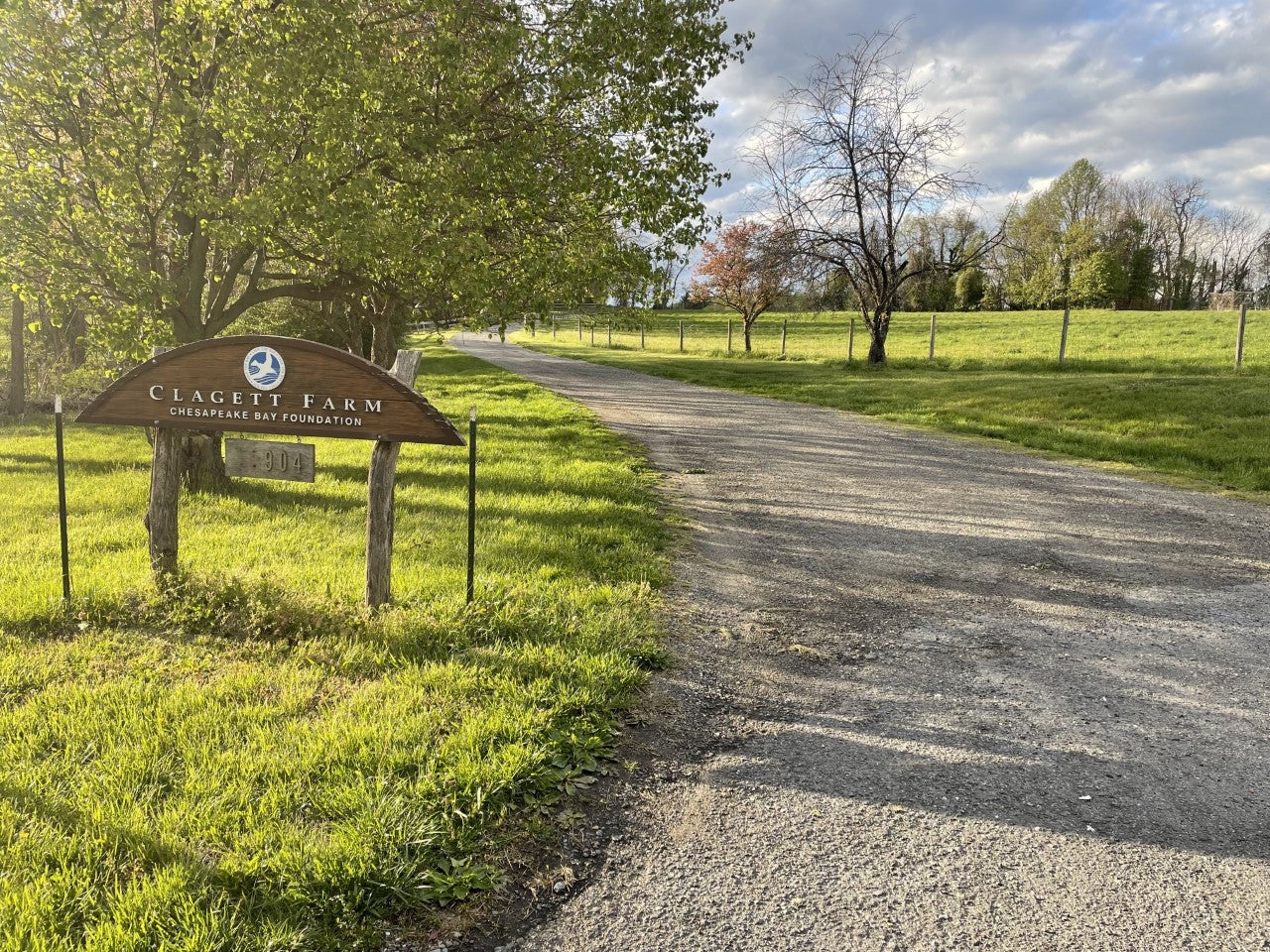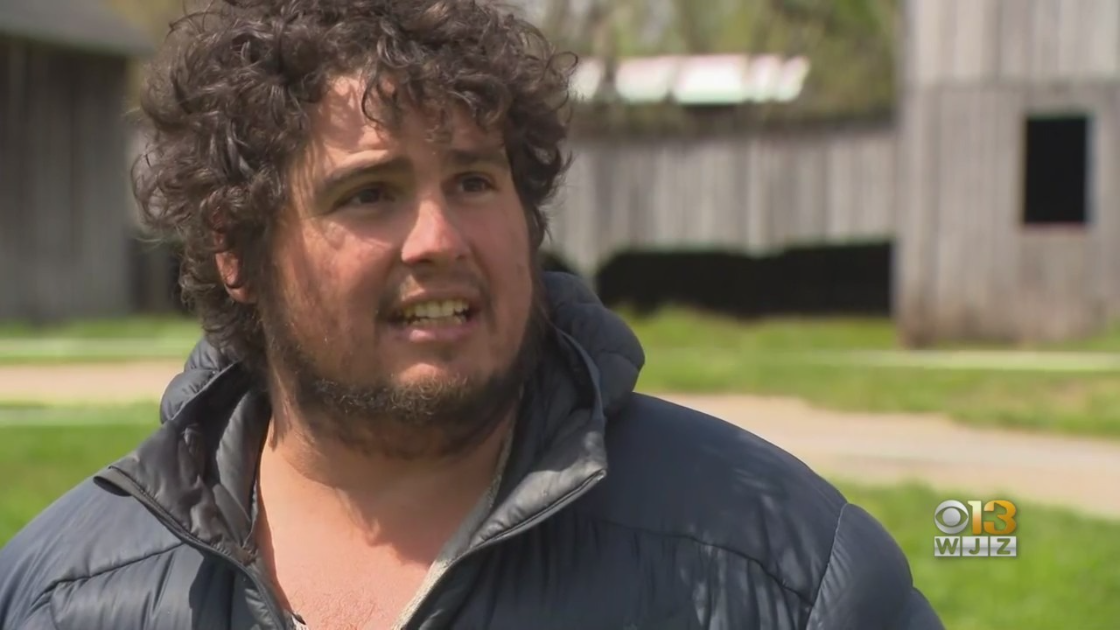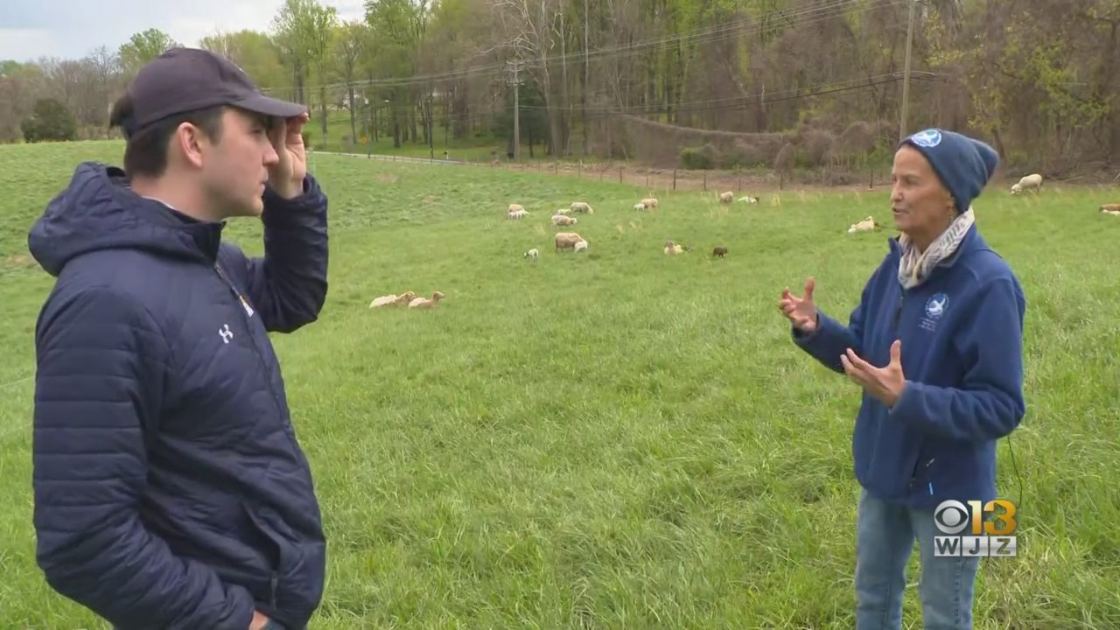Chesapeake Bay Foundation's Clagett Farm Shows Farmers How To Improve Water Quality, Mitigate Climate Change
UPPER MARLBORO, Md. (WJZ) -- The Chesapeake Bay Foundation's Clagett Farm is showing farmers how they can help restore the bay through regenerative agriculture.
The farm helps train other farmers and shows them how to use conservation practices in farming that can reduce soil and fertilizer runoff to protect water and air quality.

"Agriculture is the number one source of pollution for the Chesapeake Bay but we still have to eat," Jared Planz, the vegetable production manager at Clagett Farm, said.

Rotating fields where livestock graze, planting trees along streams, minimizing soil disturbances from plowing and tilling, planting winter cover crops, and maintaining areas of permanent vegetation are some of the farming practices that the farm highlights to help the bay.
Leaders with CBF say these practices mitigate climate change, sequester carbon and make soil more resilient to weather extremes.
"The goal is help improve water quality to demonstrate practices that other farmers can adopt that will help reduce pollution going into the bay,"CBF Director of Science and Agricultural Policy Beth McGee said.
According to the nonprofit, 80% of pollution reductions needed for bay restoration must come from agriculture.
McGee also said that they are showing farmers that they can still make a living with the farming practices that CBF is demonstrating.

"You can do these regenerative practices," McGee said. "You can do things that are good for the environment, water quality, climate change, pollinator habitat but also make it a farm that economically viable."
CBF's new report Farm Forward highlights the benefits of agriculture conservation practices.



